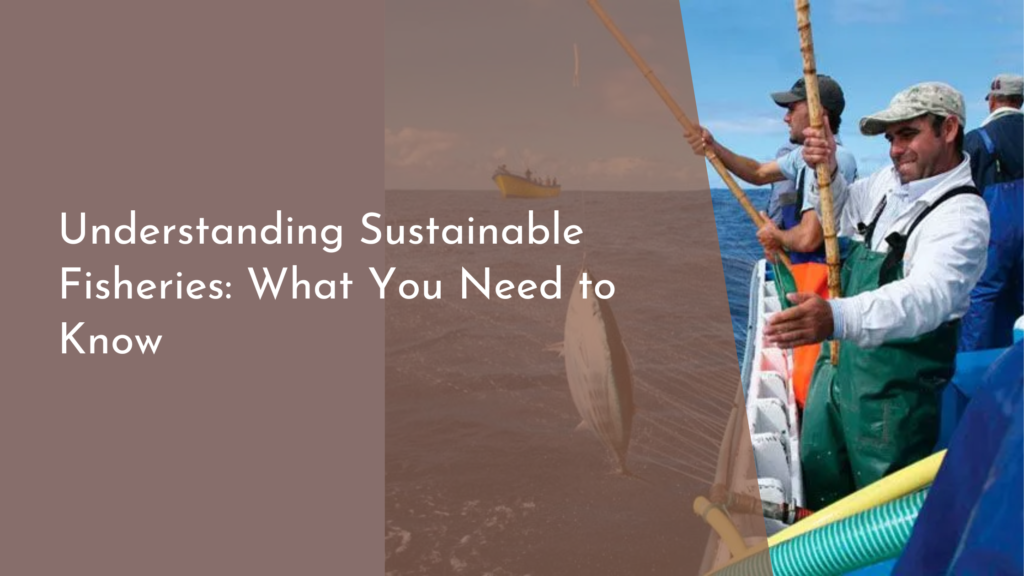How Ethical Brands Contribute to Environmental Conservation
In today’s rapidly changing world, the demand for ethical brands that prioritize environmental conservation is on the rise. Consumers are increasingly aware of the impact their purchases have on the planet, and as a result, companies are stepping up to meet these expectations. By adopting sustainable practices and creating eco-friendly products, ethical brands are playing a crucial role in shaping a healthier future for our planet. This article explores how these brands are making a difference, from innovative practices to garnering consumer support, and ultimately contributing to environmental conservation.
The Rise of Ethical Brands in Modern Markets
The emergence of ethical brands in modern markets marks a significant shift in consumer values and corporate responsibility. As awareness of environmental issues grows, more people are choosing to support companies that align with their values, demanding transparency and accountability. This trend has driven brands to adopt ethical practices, positioning themselves as leaders in sustainability. From fashion to food, industries across the board are seeing a surge in ethical brands that prioritize eco-friendly materials, fair trade practices, and reduced carbon footprints.
Moreover, this rise is supported by an increasing number of certifications and standards that help consumers identify truly ethical brands. Certifications such as B Corp, Fair Trade, and USDA Organic serve as trusted indicators that a company is committed to sustainable and ethical operations. These labels not only guide consumers in making informed choices but also challenge other companies to raise their standards, fostering a competitive environment where sustainability becomes the norm rather than the exception.
Innovative Practices for a Greener Planet
Ethical brands are at the forefront of innovation, utilizing cutting-edge practices to reduce their environmental impact. One significant approach is the adoption of circular economy principles, where products are designed for longevity, reuse, and recycling. This reduces waste and conserves resources, as brands focus on creating items that can be reintroduced into the production cycle rather than discarded. For instance, some fashion brands are pioneering clothing lines made entirely from recycled materials or offering take-back programs to ensure their garments are reused or recycled.
In addition to circular economy models, ethical brands are also harnessing technology to minimize their carbon footprint. Advances in renewable energy, such as solar and wind power, are being integrated into manufacturing processes to reduce reliance on fossil fuels. Furthermore, innovations in logistics, like optimizing supply chains and employing electric vehicles for transportation, further decrease emissions. These practices not only demonstrate a commitment to environmental conservation but also inspire others to adopt similar strategies.
Consumer Support for Sustainable Products
The success of ethical brands is largely driven by consumer support for sustainable products. With increased access to information, consumers are more aware of the impact their purchasing decisions have on the environment. This heightened awareness has led to a growing market for products that are environmentally friendly and ethically produced. Consumers are willing to pay a premium for goods they believe contribute positively to the planet, creating a lucrative business opportunity for ethical brands.
Moreover, consumer advocacy plays a powerful role in driving change within industries. By choosing to support brands that prioritize sustainability, consumers send a clear message to corporations that environmental conservation is a priority. This consumer demand acts as a catalyst for companies to innovate and adopt more sustainable practices, ultimately leading to a larger selection of eco-friendly products in the market. Through their purchasing power, consumers hold the key to encouraging widespread adoption of ethical and sustainable practices.
Celebrating Successes in Environmental Conservation
The contributions of ethical brands to environmental conservation are evident in the numerous successes celebrated across various industries. From reducing plastic waste to conserving natural resources, these brands have managed to make a tangible impact on the health of our planet. For example, some companies have eliminated single-use plastics from their packaging, leading to a significant reduction in plastic pollution. Others have partnered with conservation organizations to protect endangered habitats and promote biodiversity.
These successes are not only beneficial for the environment but also serve as inspirational stories that motivate others to take action. By publicly sharing their achievements and strategies, ethical brands create a ripple effect, encouraging more companies to participate in environmental conservation efforts. These stories demonstrate that sustainable business practices are not only possible but also profitable, paving the way for a future where ethical standards become commonplace in all industries.
Ethical brands are making strides in environmental conservation by embracing sustainability and innovation. Through their commitment to ethical practices, these brands are reshaping industries and inspiring consumers to make environmentally conscious choices. As we celebrate their successes, it becomes clear that the path to a sustainable future is paved by the collaboration between conscious consumers and forward-thinking businesses. Together, they are creating a world where ethical standards are not just an option but a necessity, ensuring the health and longevity of our planet for generations to come.

